As winter approaches, RV owners face a critical task: preparing their cherished vehicles for seasonal storage. Properly transitioning your RV for winter can help preserve its condition and ensure it’s ready for your next adventure when spring arrives. In this comprehensive guide, we’ll delve into the steps necessary to safely store your RV during the colder months, ensuring it remains in top-notch condition for years to come.
Before storing your RV, you should embark on a thorough cleaning regimen. Start by washing the exterior to remove dirt, grime, and any road residue accumulated during your last adventure. Clean the interior as well, paying special attention to kitchen and bathroom areas. Check all appliances, including the refrigerator, stove, and water heater, to ensure they are in good working order.
Don’t forget to address any necessary maintenance tasks. Change the oil and perform routine engine maintenance. Inspect the tires for signs of wear and tear and ensure they are properly inflated. A well-maintained RV is not only more likely to withstand the rigors of winter storage but also to hit the road in peak condition come spring.
RVs parked for extended periods can become attractive homes for rodents and insects. To avoid unpleasant surprises when you retrieve your RV in the spring, take measures to keep pests at bay. Begin by thoroughly inspecting your RV for any openings where rodents might enter. Seal these gaps with appropriate materials to deter unwanted visitors.
Consider placing pest repellents or traps inside the RV to provide an additional layer of protection. Rodents, in particular, can cause extensive damage to wiring and upholstery, so these precautions are well worth the effort.
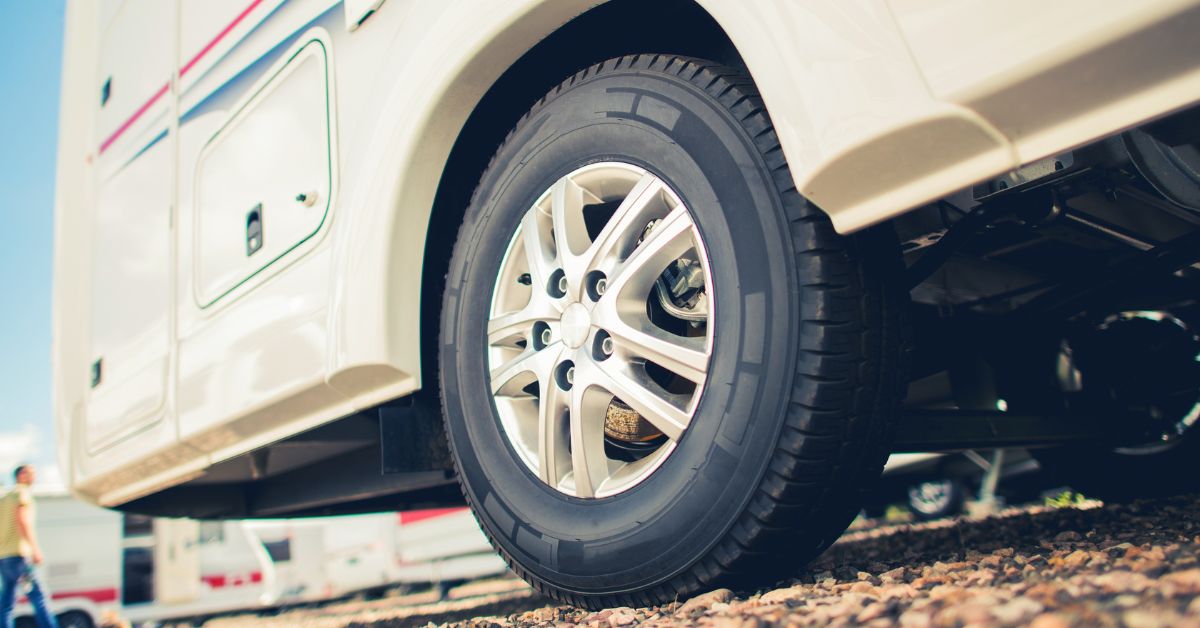 Throughout the winter, make it a point to periodically check the tire pressure and adjust it if necessary. This proactive measure will ensure your tires are ready for the road when you are.
Throughout the winter, make it a point to periodically check the tire pressure and adjust it if necessary. This proactive measure will ensure your tires are ready for the road when you are.
Properly transitioning your RV for winter storage is essential for preserving its condition and ensuring it’s ready for your next adventure. By following these steps, you can protect your investment and enjoy worry-free travels when the warmer months return.
Why RV Storage Matters
Before we delve into the details of winterizing your RV, it’s essential to understand why seasonal storage is so crucial. RV storage is about more than just parking your vehicle; it’s a method of safeguarding your investment. Winter’s freezing temperatures, moisture, and other environmental factors can wreak havoc on your RV if left unattended. By taking the right steps to protect it, you can extend the lifespan of your RV and save on potentially costly repair bills in the long run.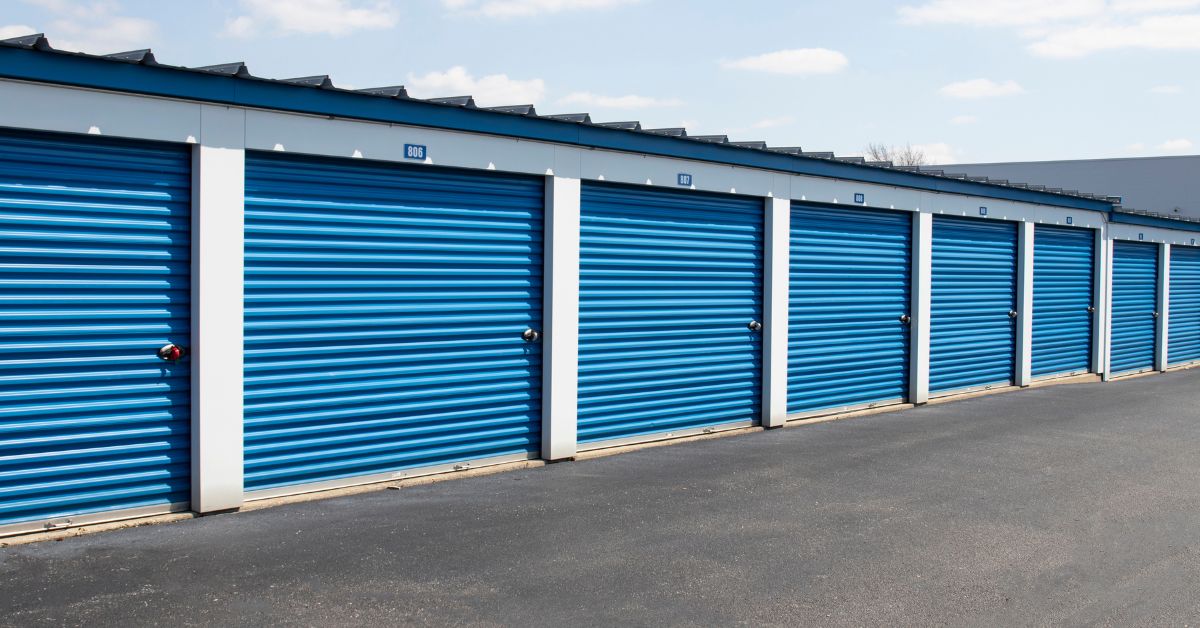 Cleaning and Maintenance for RV Storage
Cleaning and Maintenance for RV Storage
Before storing your RV, you should embark on a thorough cleaning regimen. Start by washing the exterior to remove dirt, grime, and any road residue accumulated during your last adventure. Clean the interior as well, paying special attention to kitchen and bathroom areas. Check all appliances, including the refrigerator, stove, and water heater, to ensure they are in good working order.
Don’t forget to address any necessary maintenance tasks. Change the oil and perform routine engine maintenance. Inspect the tires for signs of wear and tear and ensure they are properly inflated. A well-maintained RV is not only more likely to withstand the rigors of winter storage but also to hit the road in peak condition come spring.
Water System Preparation for RV Storage
One of the most critical aspects of winterizing your RV is protecting the water system. Frozen pipes and plumbing can lead to costly repairs, so it’s vital to take this step seriously. Begin by draining all water tanks, including the freshwater, gray water, and black water tanks. Empty them completely to prevent any remaining water from freezing and causing damage. Next, introduce RV-specific antifreeze into the water system. This specialized antifreeze is safe for your plumbing and will help protect against freezing temperatures. Follow the manufacturer’s instructions carefully to ensure all water lines, faucets, and drains are properly treated. This extra measure will give you peace of mind during the winter months.Propane and Battery Management for RV Storage
To enhance safety during RV storage, it’s essential to address propane and battery management. First, turn off the propane supply to your RV. This simple step can prevent potential gas leaks or accidents while your vehicle is in storage. Next, disconnect the RV’s batteries. Store them in a cool, dry place, preferably in your home or garage. Throughout the winter, periodically check the batteries’ charge and, if needed, recharge them. Keeping your batteries in top condition ensures they’ll be ready to power your RV’s systems when it’s time to hit the road again.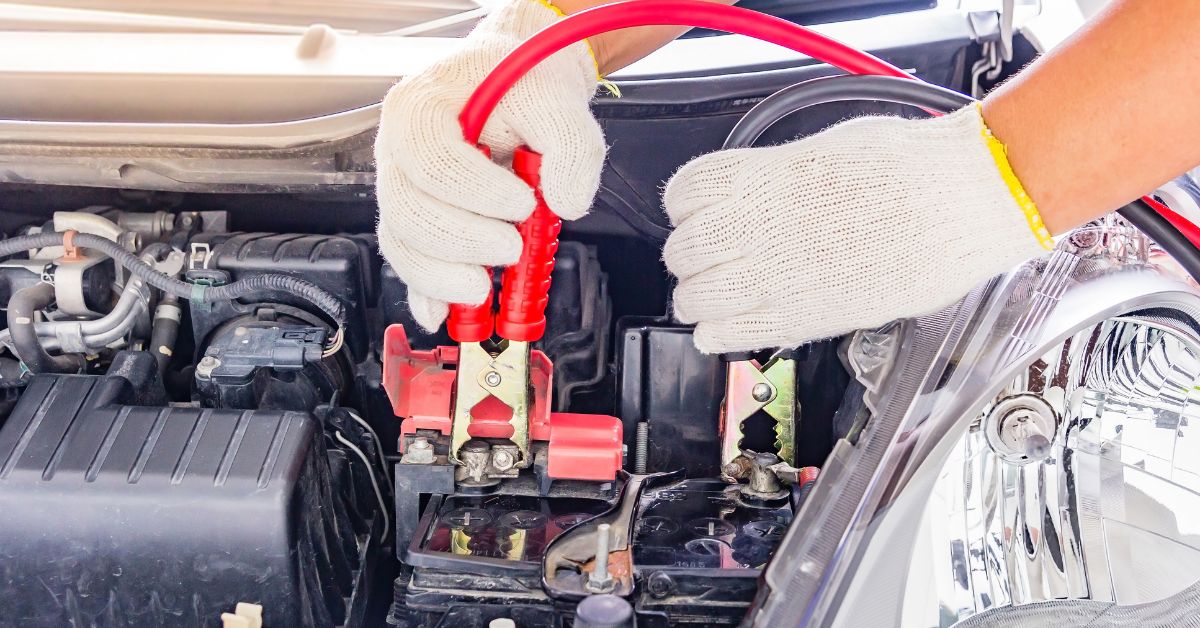 Pest Prevention for RV Storage
Pest Prevention for RV Storage
RVs parked for extended periods can become attractive homes for rodents and insects. To avoid unpleasant surprises when you retrieve your RV in the spring, take measures to keep pests at bay. Begin by thoroughly inspecting your RV for any openings where rodents might enter. Seal these gaps with appropriate materials to deter unwanted visitors.
Consider placing pest repellents or traps inside the RV to provide an additional layer of protection. Rodents, in particular, can cause extensive damage to wiring and upholstery, so these precautions are well worth the effort.
Covering and Storage Location for RV Storage
Selecting the right storage location for your RV is crucial to its well-being during the winter months. Ideally, you should opt for a covered space or an indoor storage facility. This shelter will protect your RV from the harsh winter elements, preventing damage from snow, ice, and freezing temperatures. Investing in a high-quality RV cover is another essential step. These covers are designed to shield your RV from UV rays, debris, and moisture, all of which can take a toll on your vehicle’s exterior. The investment in proper storage and a cover will pay off when you unveil your RV in the spring and find it in excellent condition.Tire Care for RV Storage
Proper tire care is often overlooked but is a critical aspect of RV storage. When your RV sits idle for extended periods, the weight of the vehicle can lead to flat spots on the tires. To prevent this issue, inflate the tires to the recommended pressure. Additionally, place wooden boards or tire savers under each tire. This distribution of weight will help preserve the tire’s integrity. Throughout the winter, make it a point to periodically check the tire pressure and adjust it if necessary. This proactive measure will ensure your tires are ready for the road when you are.
Throughout the winter, make it a point to periodically check the tire pressure and adjust it if necessary. This proactive measure will ensure your tires are ready for the road when you are.

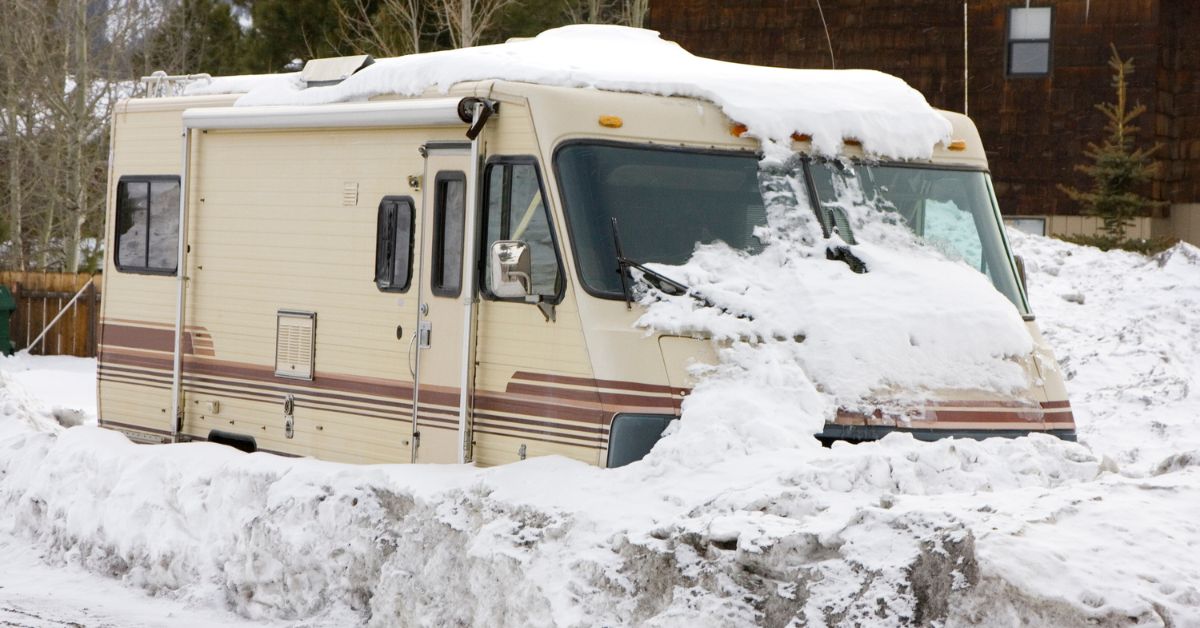
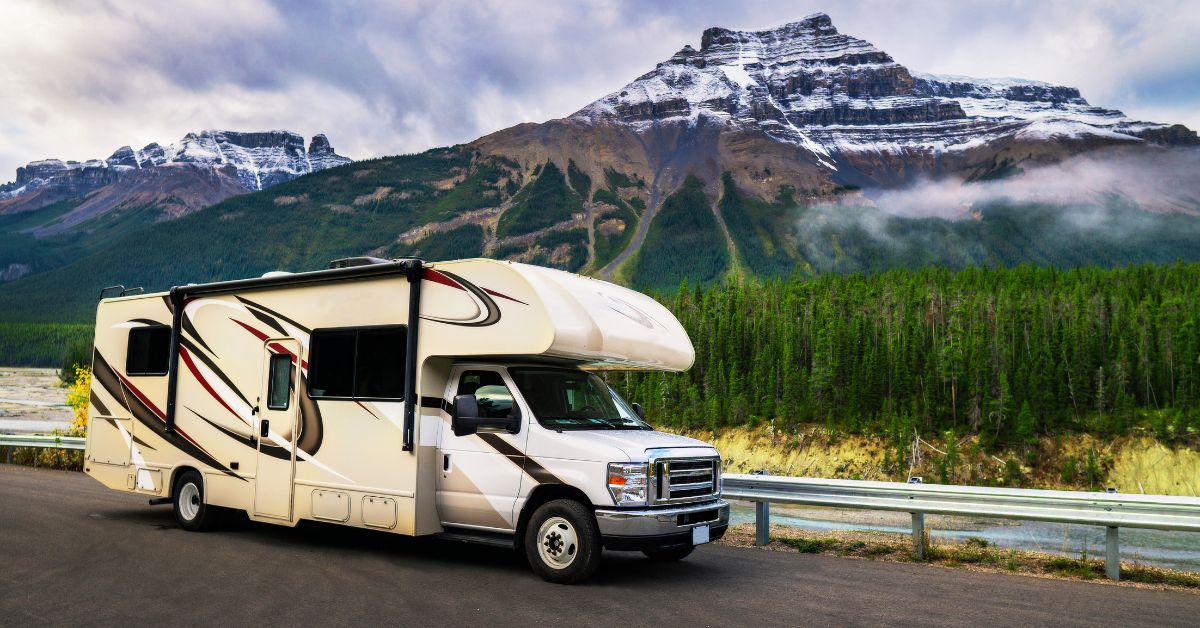 Make Spring Easier with the Right RV Storage
Make Spring Easier with the Right RV Storage